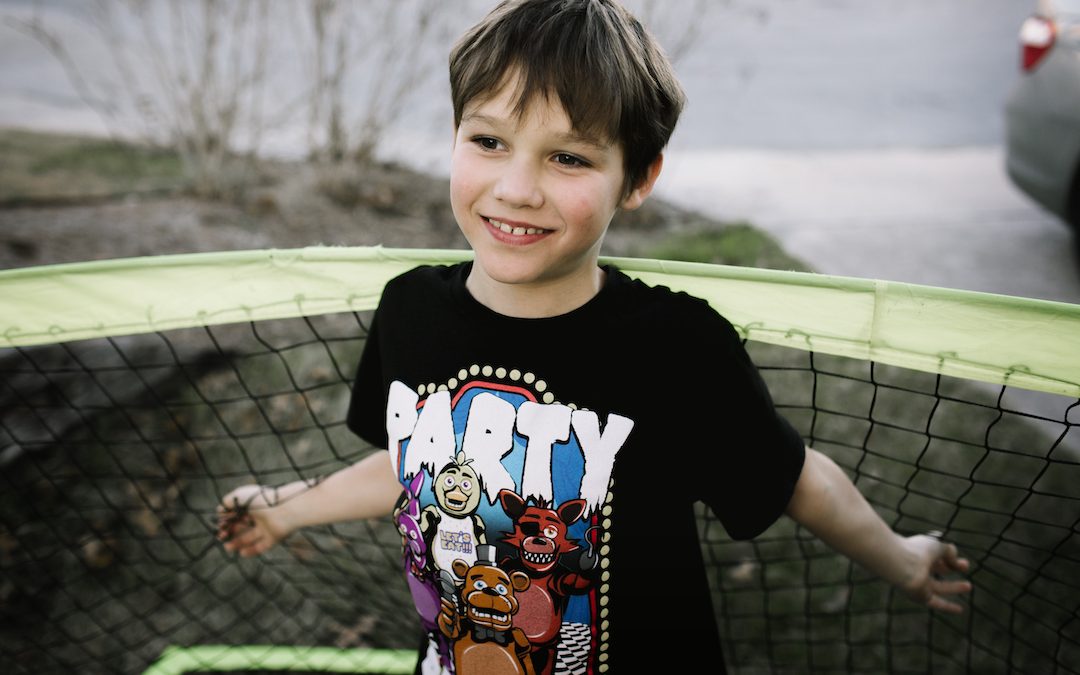He was playing a video game, for his designated technology time, but he was crying.
I gave him a few minutes, thought maybe it would die down and he would master the game and the whine-crying would cease. But it continued.
I was trying to read a book about the adolescent brain—which was difficult enough without the interruption of the upset of one of my children, which always signals to my brain, my heart, and my body, that I must turn my attention to the weeping one. This is, I suppose, the natural inclination of a mother: to heal the hurt of her children.
I put down my book and watched him. His face was already red. Tears dripped in a continuous trail down his sun-browned cheeks.
In my house, it’s perfectly fine to cry. Crying is helpful and healing and completely natural. However. I find it especially perturbing when a child is crying continuously about something that is supposed to be fun; the obvious thing to do was quit playing what was making him cry.
My son had done this very same thing a couple of days ago—cried during the whole half hour of tech time he spent on the Nintendo Switch, after which he had a headache and had to lie down.
I said, “Maybe you should put it away.”
He ignored me and continued trying. I watched him for a moment, torn by my desire for him to keep trying and the way his cry was snipping at my nerves. I said, “Put it away, baby. It’s silly to cry about a game that’s supposed to be fun. Remember what happened last time?”
He reluctantly put it away.
After a few minutes, he said, “When you said it was silly to cry about something that was supposed to be fun, were you saying I’m silly?”
I put my book down again. I explained to him that calling what he does silly does not mean he is silly.
“But it’s something I do,” he said.
“But what you do doesn’t make who you are,” I said. We’ve told our sons this over and over and over again, but it’s a difficult concept to grasp. I said, “If I yell, does that make me a yeller?”
“No.”
“If I lie, does that make me a liar?”
“Well if you do it often enough.”
I held up a finger and shook my head. “It might make me seem like a person who lies,” I said. “But it doesn’t make me a liar.”
It’s a subtle difference, with a nuance that is often lost on young children, but he is growing older, and he has heard this before, and hearing it another time will solidify it in his mind and heart and, more importantly, his identity. So I continued. I said, “‘Liar’ is a negative label. We don’t use negative labels for people, only for actions. So you’re not silly. Some things you do might be silly, but that does not make you silly.”
He looked at me for a minute, grinned, and stood up, heading toward the playroom, where LEGOs waited for building. On his way, he pretended to walk into an invisible door.
A perfect finale for such a serious talk.
(Photo by This Is Now Photography.)


